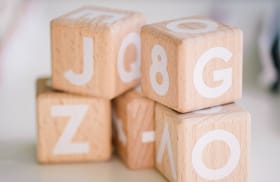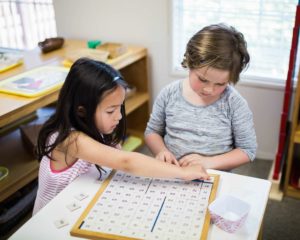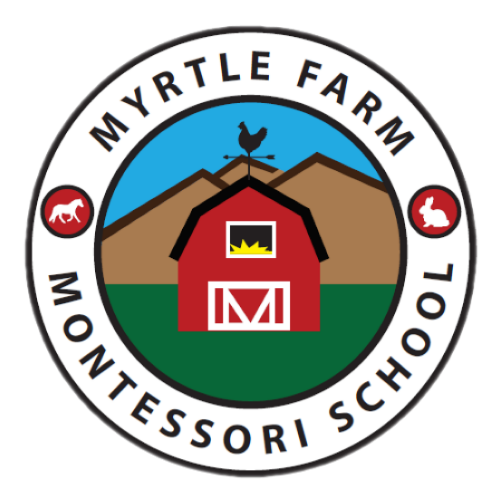Programs
The Montessori DifferenceOur school curriculum is grounded in Montessori philosophy. We believe in the uniqueness of each child, and that observation informs how we can best help every child develop to their own unique potential.




School Philosophy
Why Montessori
Myrtle Farm Montessori School bases its philosophy and methods on the approach to education developed by Maria Montessori, an Italian physician was a pioneer in the field of early childhood education. She based her program on careful observation of the needs and interests of children who were free to choose among a variety of activities in a carefully prepared environment. To the wonder of the world, the children under her care responded by acquiring skills and knowledge previously thought far beyond their capacities. As importantly, they demonstrated enormous self-discipline, internal motivation to learn and an empathy for others. Montessori devoted the remainder of her life to the study of children and to bringing her educational philosophy and method to every continent of the world.
Curriculum
What Your Child Will Learn
Our carefully prepared indoor and outdoor environments work together in harmony. As we study different types of animals indoors, we observe the differences between the birds, mammals and insects on the farm. As we learn about the biomes and geography of the world’s continents, we examine the kinds of trees and geology we have locally, while discussing the wonders of the wider world. We observe the natural cycles on the farm as we learn about the seasons, and explore the garden as we study parts of the plant and fruit. As children observe and respond to the needs and natural rhythms of living things, we hope to plant the seeds that will grow into respect for the earth and all its inhabitants.
Motor Development
A large open-space area, playground equipment, and gardens take advantage of the child’s natural desire to move, run, dig, carry, and climb. Indoor and outdoor equipment and games allow for a variety of large muscle activities, promoting balance, coordination, flexibility, strength, and agility.
Practical Life
These are tasks involving self-care and care of the environment. They include washing and dressing; growing and preparing food; maintaining the indoor and outdoor environments; and care of animals. Practical life is the keystone of the Montessori curriculum, serving to focus the child’s attention, promoting concentration, a sense of order, fine muscle coordination, and independence.
Sensorial
Classic Montessori materials for sense development isolate qualities in the child’s environment, enabling the child to make comparisons and contrasts. As the child refines sensory and perceptual awareness, they acquire the ability to discriminate and to appreciate the world.
Language
Includes oral language development, preparation for reading and writing, and phonics: reading, writing, and spelling according to the child’s readiness and interest. A Spanish language curriculum is interwoven into multiple parts of the curriculum led by the native Spanish speakers in our teaching and administration team.
Mathematics
Mathematics materials provide concrete experience of quantity, numeral recognition, one-to-one correspondence, seriation, counting, sets, the decimal system, and basic operations.
Science
Physical and natural sciences are explored at an experiential level.
Geography And Social Sciences
We introduce the child to maps, the globe, people of the world, and their cultures.
Art
These tasks explore different media, self-expression, and appreciation.
Music
The Music curriculum is an introduction to a variety of simple instruments, singing, and appreciation. Spanish is reinforced through music at circle time.
